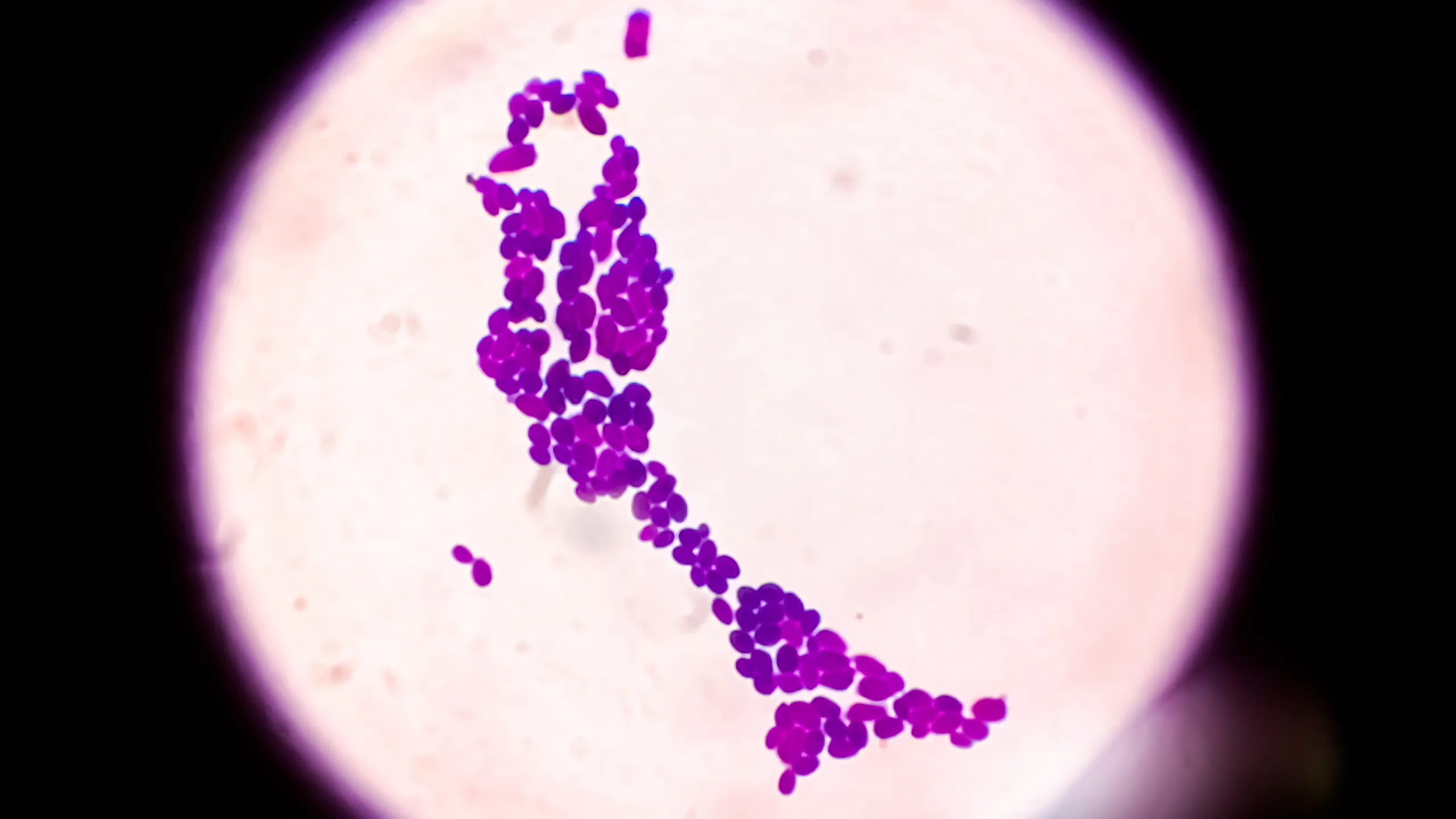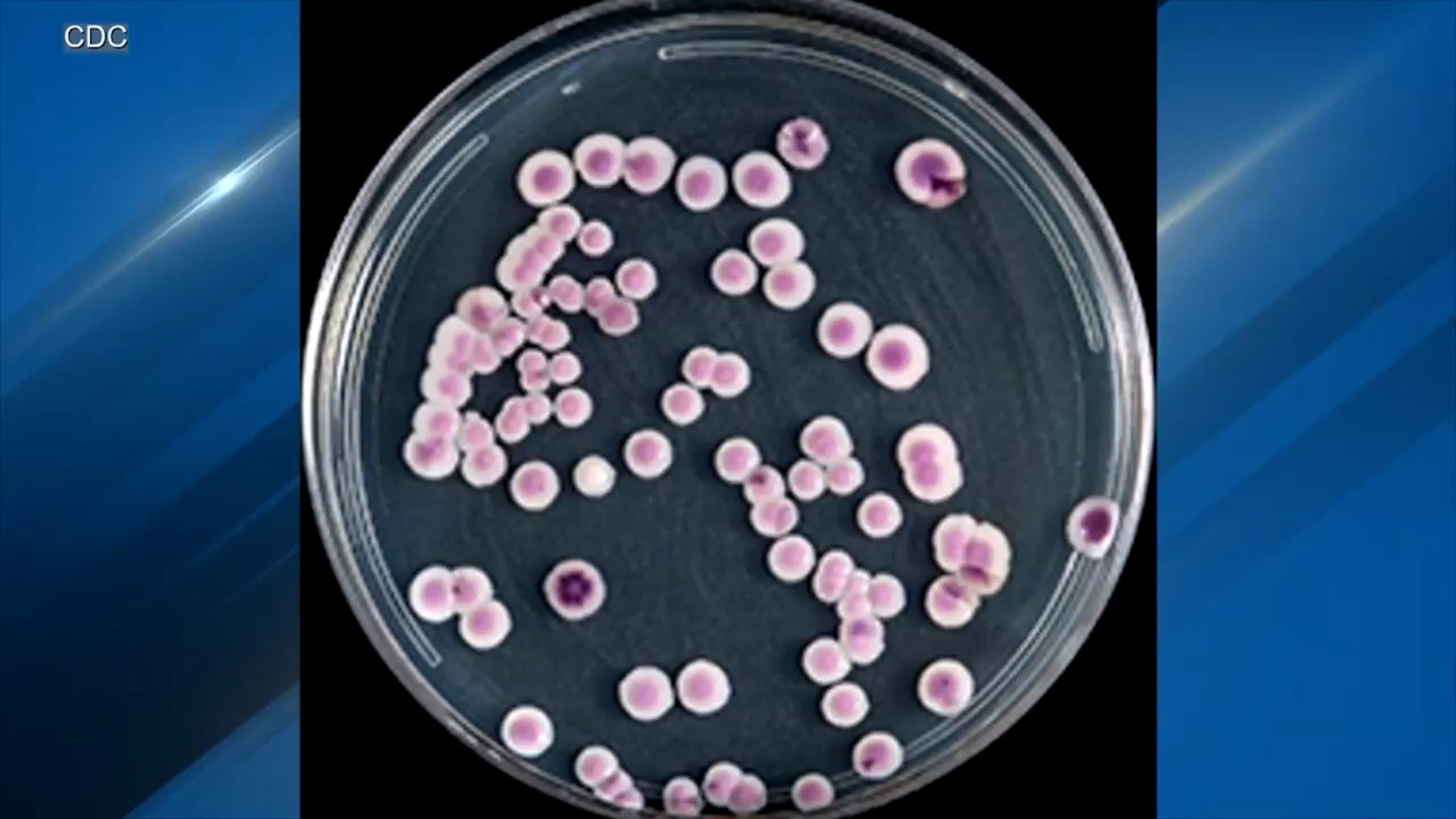A potentially lethal fungus, still considered an emerging disease, has surfaced in Western Washington. The first case of Candida auris was identified recently in a patient in Pierce County, prompting a public health investigation.
According to the Tacoma-Pierce County Health Department (TPCHD), the man was diagnosed with the fungus on July 13.
The case came to light after he had spent approximately six weeks at Saint Joseph Medical Center and was subsequently transferred to another hospital where screening for the fungus was mandatory.
The fungus primarily affects individuals who are already in poor health, but its elusive nature without a specific test and resistance to treatment contribute to its deadly potential. TPCHD noted that more than one-third of those infected with C. auris succumb to the disease.
The CDC reported that “30–60% of people with C. auris infections have died.” However, most of these patients also suffered from other serious illnesses, and the fungus rarely affects healthy individuals.
Following news of the fungus affecting the hospital, some visitors at Saint Joseph’s expressed concern for their loved ones.
“It’s scary. My ex-husband just had surgery yesterday and he’ll be in here probably two to three more days, so yeah it’s scary,” said Mary Quinlan, a Tacoma resident.
Described by the CDC as an “emerging fungus that presents a serious global health threat,” C. auris belongs to the yeast family and typically affects chronically ill patients in healthcare settings, especially those with medical devices like catheters.
Symptoms are generally nonspecific, such as a fever unresponsive to antibacterial or antiviral medications. Nigel Turner, division director of communicable diseases at TPCHD, emphasized, “This yeast or fungus is resistant to most treatments, which makes it very problematic and hard to treat.”

The infected individual had spent about six weeks at Saint Joseph’s before being transferred to Kindred Hospital in Seattle, where routine screening for C. auris revealed the infection.
“Kindred Hospitals Seattle – First Hill has a standard of care to screen every patient on admission for colonization or infection of C. Auris,” a Kindred Hospital spokesperson stated.
At Saint Joseph Medical Center, a spokesperson confirmed awareness of the patient’s positive test results and immediate actions taken for patient safety:
“Out of an abundance of caution, we immediately relocated the patient currently in the room that was previously occupied by the infected patient.”
The TPCHD is collaborating with the hospital to test other potentially exposed patients, while Saint Joseph’s has implemented specialized fungal disinfection measures.
Turner cautioned that Washington State’s first encounter with C. auris may signal more cases to come: “I think it’s highly likely that we will see more cases.”
Previously, the Pacific Northwest had only two cases reported in Oregon in 2021. Nationwide, since 2013, there have been 5,654 clinical cases and 13,163 screening cases of C. auris, according to the CDC.
Saint Joseph Medical Center assured ongoing collaboration with multiple health departments and agencies to investigate the situation and determine further actions.
The CDC highlighted that individuals most at risk include those with significant existing medical conditions, residents of nursing homes, frequent hospital patients, and individuals with medical devices like central venous catheters.
The CDC also emphasized that the risk of a healthy person, including healthcare workers, contracting a C. auris infection remains extremely low.
